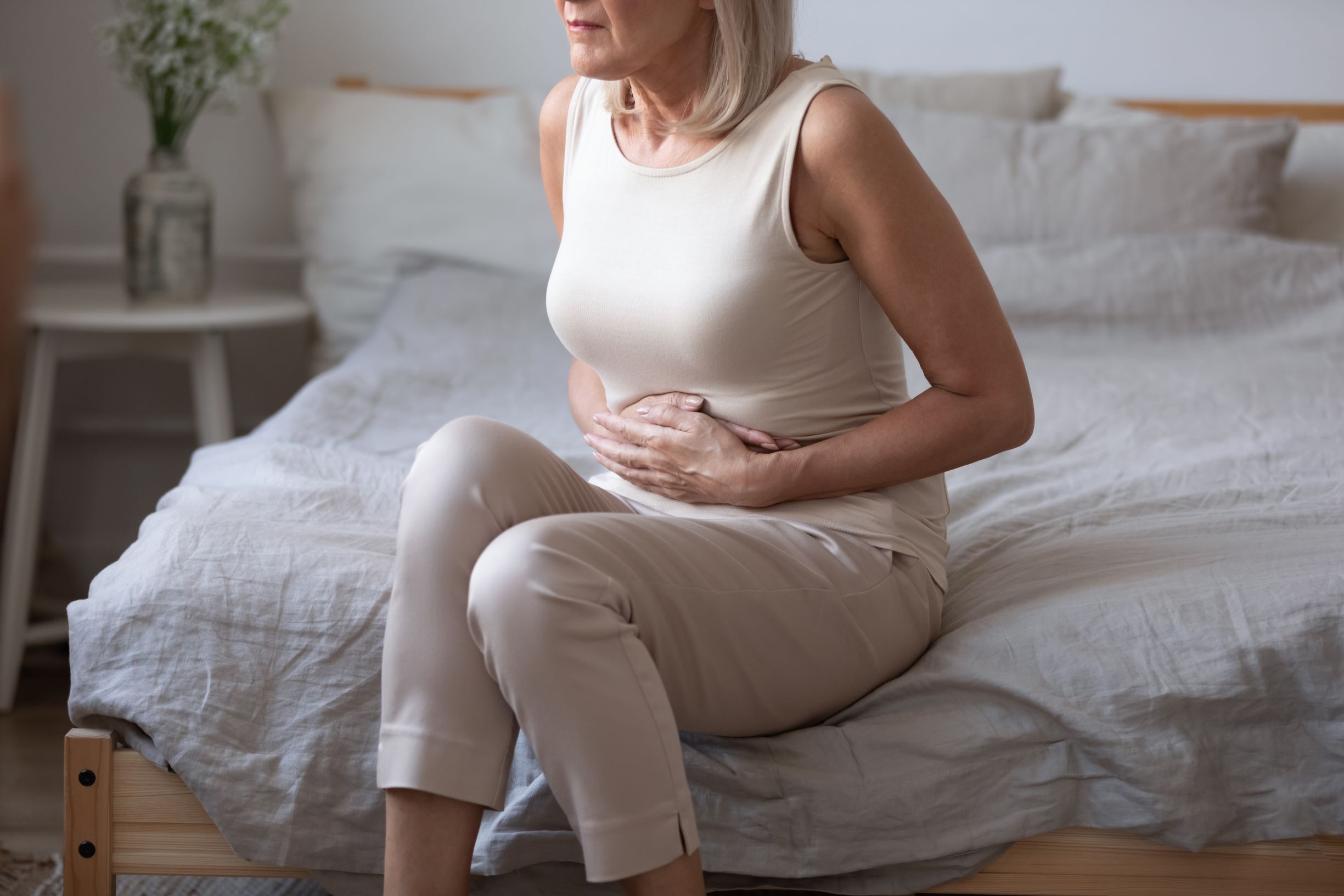Diarrhea is first sign of illness for some COVID-19 patients
Some never develop respiratory symptoms at all.

Get the world’s most fascinating discoveries delivered straight to your inbox.
You are now subscribed
Your newsletter sign-up was successful
Want to add more newsletters?

Delivered Daily
Daily Newsletter
Sign up for the latest discoveries, groundbreaking research and fascinating breakthroughs that impact you and the wider world direct to your inbox.

Once a week
Life's Little Mysteries
Feed your curiosity with an exclusive mystery every week, solved with science and delivered direct to your inbox before it's seen anywhere else.

Once a week
How It Works
Sign up to our free science & technology newsletter for your weekly fix of fascinating articles, quick quizzes, amazing images, and more

Delivered daily
Space.com Newsletter
Breaking space news, the latest updates on rocket launches, skywatching events and more!

Once a month
Watch This Space
Sign up to our monthly entertainment newsletter to keep up with all our coverage of the latest sci-fi and space movies, tv shows, games and books.

Once a week
Night Sky This Week
Discover this week's must-see night sky events, moon phases, and stunning astrophotos. Sign up for our skywatching newsletter and explore the universe with us!
Join the club
Get full access to premium articles, exclusive features and a growing list of member rewards.
Some patients with COVID-19 experience gastrointestinal symptoms, particularly diarrhea, as the first sign of illness, according to a new study.
Among this subset of patients — who have mild disease overall — respiratory symptoms show up only later in the illness, and some never develop respiratory symptoms at all, the authors said.
The findings are important because those without classic symptoms of COVID-19 — such as cough, shortness of breath and fever — may go undiagnosed and could potentially spread the illness to others, the researchers said.
Still, they note that digestive problems are common overall and don't necessarily mean that a person has COVID-19. But doctors should recognize that sudden digestive symptoms in people with a possible COVID-19 contact "should at least prompt consideration of the illness," the authors wrote in their paper, published ahead of print Monday (March 30) in The American Journal of Gastroenterology. "Failure to recognize these patients early and often may lead to unwitting spread of the disease."
—Coronavirus in the US: Map & cases
—What are coronavirus symptoms?
—How deadly is the new coronavirus?
—How long does coronavirus last on surfaces?
—Is there a cure for COVID-19?
—How does coronavirus compare with seasonal flu?
—How does the coronavirus spread?
—Can people spread the coronavirus after they recover?
The study is not the first to report digestive symptoms as a sign of COVID-19. For example, a study posted March 18 in the same journal found that, among about 200 COVID-19 patients at three hospitals in Wuhan, China, around 50% reported at least one digestive symptom, and 18% reported diarrhea, vomiting or abdominal pain. However, that study and others have tended to focus on patients with severe illness, rather than those with mild disease.
In the new study, the researchers analyzed information from 206 patients at Union Hospital, Tongji Medical College in Wuhan, which was designated as a hospital for COVID-19 patients. To be included in the study, patients needed to have a mild illness, without difficulty breathing or low blood oxygen levels.
Overall, 48 patients (23%) were admitted with digestive symptoms only, 89 (43%) with respiratory symptoms only and 69 (33%) with both respiratory and digestive symptoms.
Get the world’s most fascinating discoveries delivered straight to your inbox.
Among all patients with digestive symptoms (117 patients), about 67 (58%) had diarrhea, and of these, 13 (20%) experienced diarrhea as the first symptom of their illness. Patients' diarrhea lasted from one to 14 days, with an average duration of five days, the report said. About one-third of patients with digestive symptoms never experienced a fever.
Patients with digestive symptoms tended to seek health care later than those with respiratory symptoms, an average of 16 days from the start of their symptoms, compared with 11 days for those with respiratory symptoms, the study found. Those with digestive symptoms also took longer to clear the virus from their body (test negative for COVID-19), taking about 41 days on average, compared with 33 days for those with respiratory symptoms only.
Finally, those with digestive symptoms were much more likely to have the new coronavirus, SARS-CoV-2, detected in their stool, with about 73% having positive stool samples, compared with 14% of those with respiratory symptoms only. This finding suggests, but does not definitely confirm, that that virus infects the gastrointestinal tract, the authors said.
Overall, "these data emphasize that patients with new-onset diarrhea after a possible COVID-19 contact should be suspected for the illness, even in the absence of cough, shortness of breath, sore throat or even fever," the authors concluded. "Optimally, testing for COVID-19 should be performed using both respiratory and stool samples, if available."
The authors note that their study was relatively small, and larger studies are needed to further describe digestive symptoms in patients with mild COVID-19.
- The 12 deadliest viruses on Earth
- 11 Surprising Facts About the Digestive System
- 20 of the worst epidemics and pandemics in history
Originally published on Live Science.
The one-month trial gives you access to all of the educational site's 9,000 activities in reading, science, math and art. Keep your child busy and learning while we are all stuck indoors.

Rachael is a Live Science contributor, and was a former channel editor and senior writer for Live Science between 2010 and 2022. She has a master's degree in journalism from New York University's Science, Health and Environmental Reporting Program. She also holds a B.S. in molecular biology and an M.S. in biology from the University of California, San Diego. Her work has appeared in Scienceline, The Washington Post and Scientific American.
 Live Science Plus
Live Science Plus











